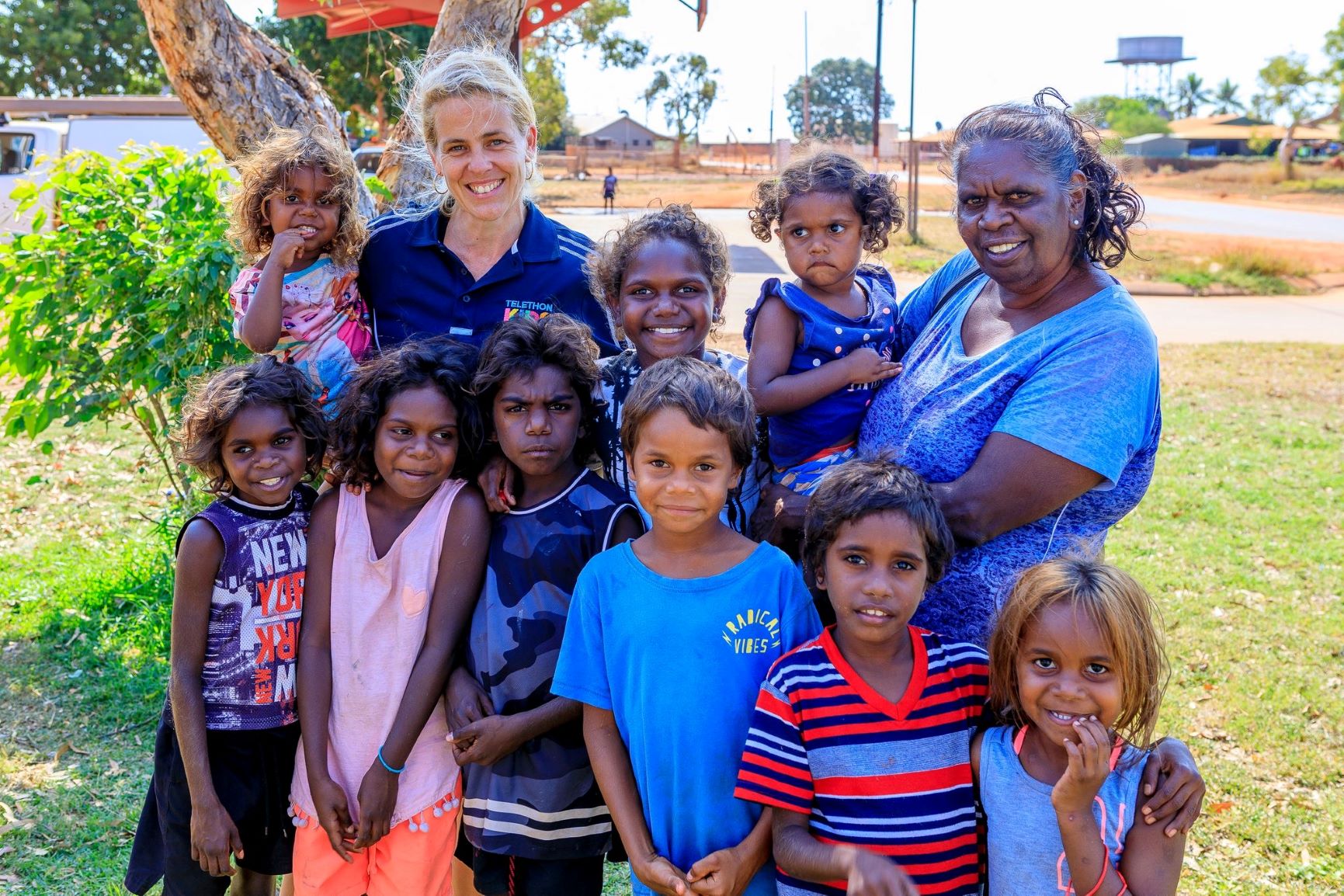Search
Showing results for "aboriginal respiratory"

Respiratory illness accounts for 12% of the age-standardised gap in mortality between Indigenous and non-Indigenous Australians.
Research
Diverging trends for lower respiratory infections in non-Aboriginal and Aboriginal childrenTo investigate temporal trends in admission rates for acute lower respiratory infections (ALRI) in a total population birth cohort of non-Aboriginal and...
Research
Respiratory follow-up to improve outcomes for Aboriginal children: twelve key stepsAmong Aboriginal children, the burden of acute respiratory tract infections (ALRIs) with consequent bronchiectasis post-hospitalisation is high. Clinical practice guidelines recommend medical follow-up one-month following discharge, which provides an opportunity to screen and manage persistent symptoms and may prevent bronchiectasis.

Our team aims to optimise lung health early in life to ensure the best possible health outcomes later in life.
Research
Prevalence of chronic respiratory diseases in Aboriginal children: A whole population studyThe burden of bronchiectasis is disproportionately high in Aboriginal adults, with early mortality. Bronchiectasis precursors, that is, protracted bacterial bronchitis and chronic suppurative lung disease, often commence in early childhood.
Research
“We've wanted to vaccinate against it and now we can”: views of respiratory syncytial virus disease and immunisation held by caregivers of Aboriginal children in Perth, Western AustraliaRespiratory syncytial virus (RSV) is a major cause of respiratory infection with a higher burden in Aboriginal and Torres Strait Islander infants and children. We conducted a pilot qualitative study identifying disease knowledge and willingness to immunise following the changing immunisation landscape for infant RSV in 2024.
Research
Selection of appropriate spirometry reference values in Aboriginal AustraliansThe Global Lung Function ‘Caucasian’ and ‘Other’ spirometry equations do not match healthy Aboriginal FEV1 and FVC data
Research
Prolonged use of wind or brass instruments does not alter lung function in musiciansRespiratory function impacts on musical expression for wind/brass (W/B) musicians. Investigation of musicians' respiratory health to date has rarely...
Research
Lung function in African infants in the Drakenstein child health study impact of lower respiratory tract illnessEarly life lower respiratory tract illness impairs lung function at 1 year, independent of baseline lung function
Research
Prevalence of chronic wet cough, protracted bacterial bronchitis (PBB) and middle ear disease in the KimberleyThis project aims to determine the prevalence of chronic wet cough, PBB and middle ear disease in Aboriginal children in Aboriginal communities in the Kimberley.
